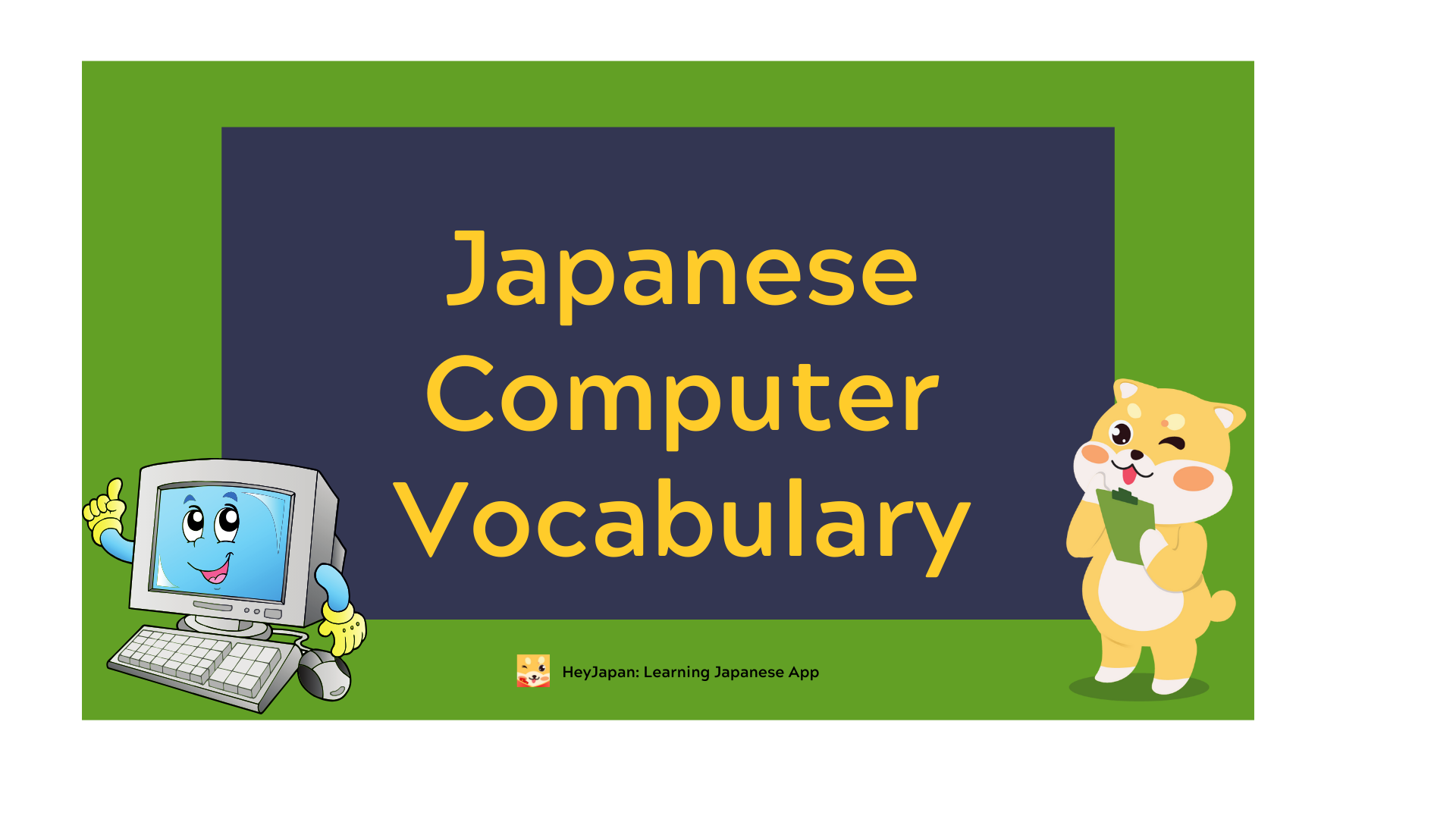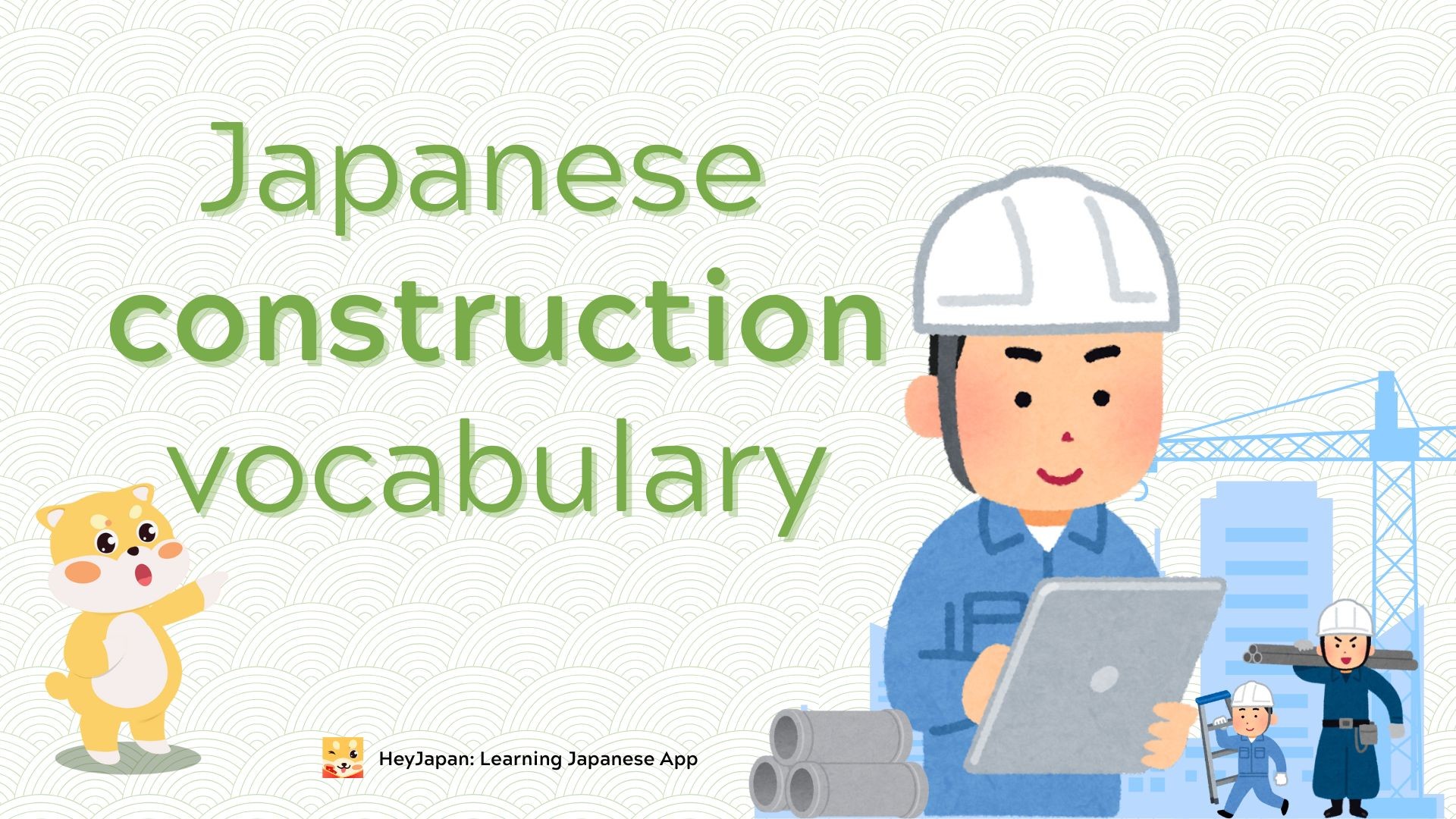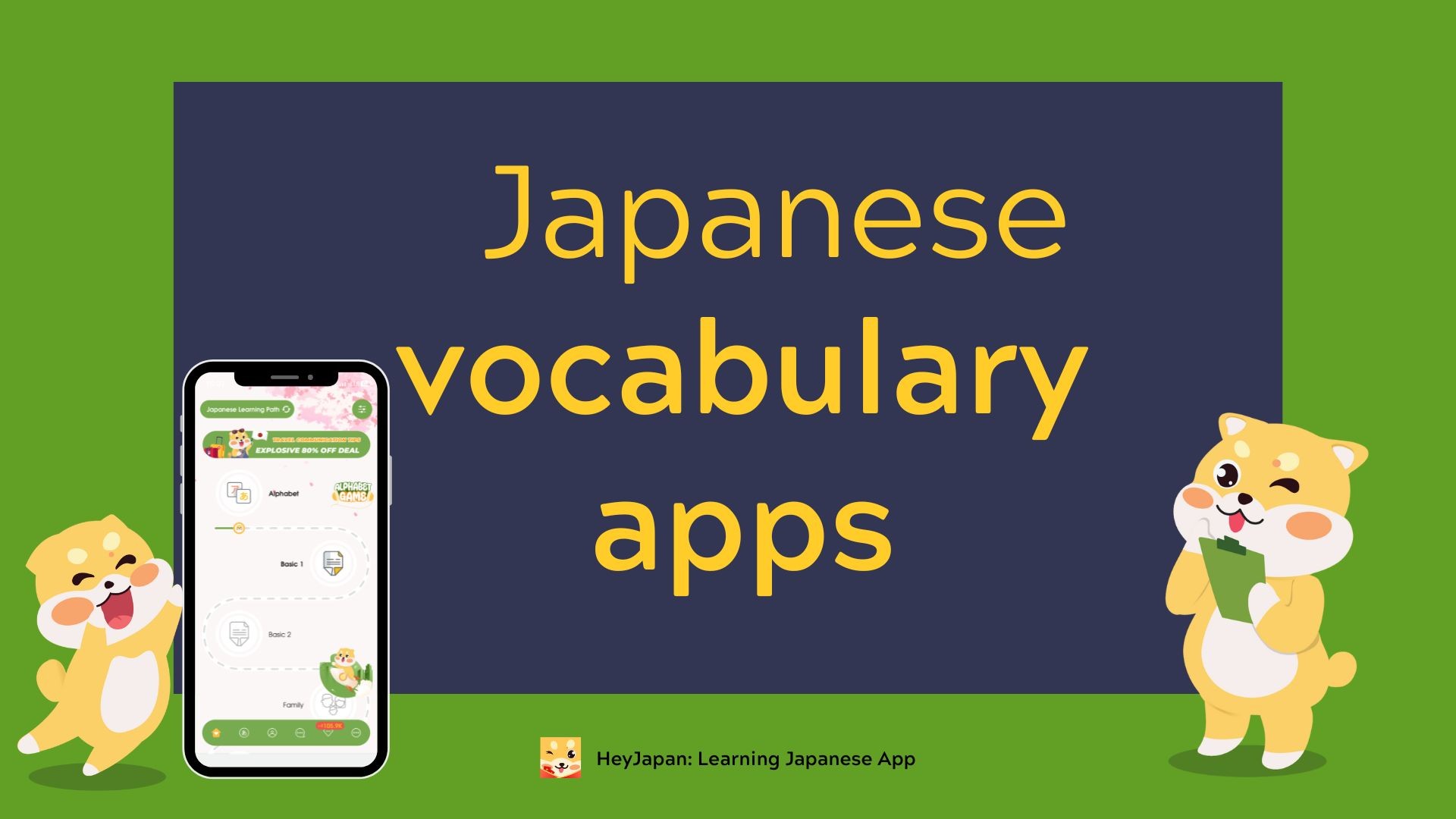- 1. Introduction
- 2. Importance of Learning Japanese Language Basics
- 3. Getting Started with Japanese Language Basics
- Basic Pronunciation and Phonetics
- Essential Vocabulary for Beginners
- Grammar Fundamentals
- Basic Conversational Skills
- Cultural Insights and Etiquette
- Resources for Further Learning
- 4. Conclusion
- 5. FAQs
Learning a new language can open doors to new opportunities, and Japanese is no exception. Whether you're planning a trip to Japan, interested in Japanese culture, or looking to expand your language skills, mastering the basics of the Japanese language is a great starting point. In this comprehensive guide, we'll take you through the essential steps to learn Japanese as a beginner, providing you with the necessary tools to kick-start your language journey.
1. Introduction
Learning the basics of the Japanese language is not only a rewarding experience but also a gateway to understanding the rich culture and traditions of Japan. From anime and manga enthusiasts to business professionals, Japanese has become a sought-after language for various reasons. By acquiring the fundamentals, you'll gain the ability to communicate effectively, make new connections, and navigate your way through Japan with confidence.
2. Importance of Learning Japanese Language Basics
Mastering the basics of any language is crucial for building a strong foundation. Learning Japanese language basics allows you to familiarize yourself with the structure, vocabulary, and grammar necessary for more advanced learning. It enables you to communicate at a basic level, understand simple conversations, and express your thoughts and feelings.
Learning Japanese as a beginner brings numerous benefits. It expands your horizons, giving you access to a vast range of cultural resources, such as literature, films, music, and traditional arts. Additionally, Japan has a strong presence in the global economy, making knowledge of the language valuable for business and career opportunities. Moreover, learning Japanese can enhance your cognitive abilities, improve memory, and provide a sense of accomplishment.
3. Getting Started with Japanese Language Basics
Before diving into the intricacies of the Japanese language, it's important to establish a solid foundation. Here are some initial steps to get you started on your learning journey.
Basic Pronunciation and Phonetics
Japanese pronunciation is relatively straightforward, as it has fewer sounds compared to some other languages. However, mastering the correct pronunciation is crucial for effective communication. Start by familiarizing yourself with the five Japanese vowel sounds: "a," "i," "u," "e," and "o." Practice pronouncing them accurately to develop your ear for the language.

Essential Vocabulary for Beginners
In any language, vocabulary forms the building blocks of communication. When starting to learn Japanese, it's important to focus on essential vocabulary that will enable you to express yourself in everyday situations. Begin by learning common nouns, such as "nihon" (Japan), "gakkou" (school), and "tabemono" (food). As you progress, expand your vocabulary to include verbs like "taberu" (to eat), "iku" (to go), and adjectives like "kawaii" (cute), "atsui" (hot), and "yasashii" (kind).
Numbers, time, and dates are also fundamental to everyday conversations. Learn the numbers from 1 to 10 and gradually progress to larger numbers. Practice telling time using phrases like "ji" (o'clock) and "fun" (minutes). Familiarize yourself with days of the week, months, and expressions related to dates, such as "nan-gatsu" (which month) and "nan-nichi" (which day).
Grammar Fundamentals
Understanding the basic grammar of Japanese is essential for constructing meaningful sentences. Japanese sentence structure follows a subject-object-verb (SOV) order, meaning the verb comes at the end of the sentence. Learn how to form simple sentences by combining nouns, adjectives, and verbs with appropriate particles. Particles play a crucial role in indicating the relationship between words in a sentence.
Additionally, familiarize yourself with verb conjugation and different verb tenses. Japanese verbs change depending on the tense and formality level. Practice conjugating verbs in present, past, and future tenses to express various actions and states.
Here are some highly recommended books for studying Japanese grammar fundamentals:
- "Genki: An Integrated Course in Elementary Japanese" by Eri Banno, Yoko Ikeda, and Yutaka Ohno - This popular textbook series provides a comprehensive approach to learning Japanese grammar, vocabulary, and conversation. It includes clear explanations, exercises, and audio materials to enhance your understanding and speaking skills.
- "Japanese from Zero! 1: Proven Techniques to Learn Japanese for Students and Professionals" by George Trombley and Yukari Takenaka - This beginner-friendly book introduces Japanese grammar in a systematic and engaging manner. It includes interactive exercises, quizzes, and online resources to reinforce your learning.
- "A Dictionary of Basic Japanese Grammar" by Seiichi Makino and Michio Tsutsui - While not a textbook per se, this comprehensive grammar dictionary is an invaluable resource for understanding Japanese grammar structures. It provides clear explanations, examples, and usage notes for a wide range of grammar points.
Basic Conversational Skills
Building conversational skills is an exciting part of learning any language, and Japanese is no exception. Start by mastering basic phrases for self-introduction, such as "watashi wa [name] desu" (I am [name]). Learn how to ask simple questions, like "doko kara kimashita ka?" (Where are you from?) and practice responding to them.
One key aspect of Japanese conversations is the use of honorific language. Learn how to use appropriate honorifics when speaking to someone of higher status or showing respect. Polite language, or "keigo," is commonly used in formal situations, such as business interactions or formal settings.
Another essential aspect of basic conversational skills is knowing how to order food and drinks. Familiarize yourself with phrases like "kore o kudasai" (please give me this) and "oishii desu" (it's delicious). Practice ordering in restaurants or cafes to gain confidence in using these phrases.
Cultural Insights and Etiquette
Understanding Japanese culture and customs is essential when learning the language. Japanese society places importance on politeness and respect. Learn about bowing etiquette, appropriate greetings for different situations, and the use of honorific language.

Polite language, or "keigo," plays a significant role in Japanese society. Familiarize yourself with different levels of keigo, such as "teineigo" (polite language) and "sonkeigo" (respectful language). Practice using appropriate honorifics when interacting with people of higher status or in formal settings.
Furthermore, be mindful of cultural nuances, such as removing your shoes when entering someone's home, proper table manners, and gift-giving customs. Understanding and respecting these cultural aspects will enhance your interactions with Japanese people and demonstrate your appreciation for their customs.
Resources for Further Learning
To continue your Japanese language learning journey, explore various resources available to beginners. Online courses, like those offered by Japan Foundation or popular language learning platforms, offer interactive lessons and resources.
Language learning websites and forums provide valuable information, study materials, and discussion platforms where you can connect with other learners and seek advice.
Learn Japanese on website here
4. Conclusion
Learning the basics of the Japanese language is an exciting and rewarding journey. By mastering pronunciation, understanding grammar fundamentals, and expanding your vocabulary, you'll be equipped to communicate in everyday situations. Remember to practice listening, speaking, and immerse yourself in Japanese culture to further enhance your language skills. With dedication and persistence, you'll develop fluency and open doors to new opportunities.
5. FAQs
Q: What is the best way to learn Japanese for beginners?
A: The best way to learn Japanese as a beginner is to start with the basics, focusing on pronunciation, vocabulary, and grammar. Practice speaking and listening to native speakers, and immerse yourself in Japanese culture to enhance your learning experience.
Q: How long does it take to become proficient in Japanese?
A: The time it takes to become proficient in Japanese varies depending on various factors, such as the amount of time dedicated to learning, prior language learning experience, and immersion in the language. Generally, it takes several years of consistent study and practice to become proficient.
Q: Can I learn Japanese on my own without a tutor?
A: Yes, it is possible to learn Japanese on your own without a tutor. With the abundance of online resources, textbooks, and language learning apps available, self-study can be an effective way to learn the language. However, it's important to find opportunities for speaking practice and feedback to ensure proper pronunciation and communication skills.
Q: Is it difficult to learn kanji characters?
A: Learning kanji characters can be challenging due to their complexity and the sheer number of characters. However, with regular practice, the use of mnemonics, and repetition, you can gradually build your kanji knowledge. Start with commonly used characters and expand your repertoire over time.
Q: Are there any scholarships available for studying Japanese in Japan?
A: Yes, there are various scholarships available for studying Japanese in Japan. The Japanese government offers scholarships through programs like the MEXT Scholarship, while private organizations and universities also provide scholarship opportunities. Research and apply for scholarships that align with your goals and interests.
Learn basic Japanese with HeyJapan
iOS: https://apps.apple.com/us/app/heyjapan-learn-basic-japanese/id1576311051
Android: https://play.google.com/store/apps/details?id=com.eup.heyjapan









